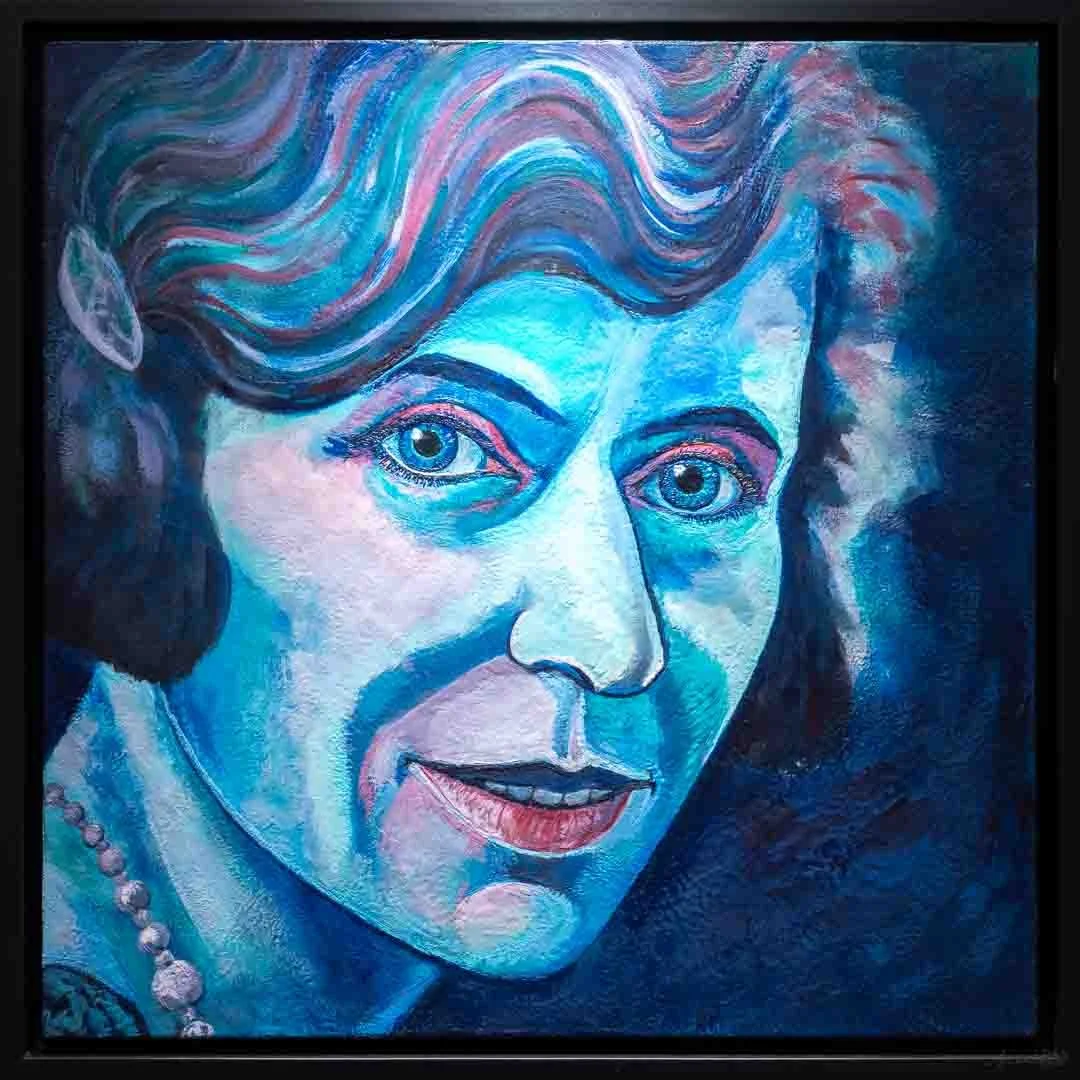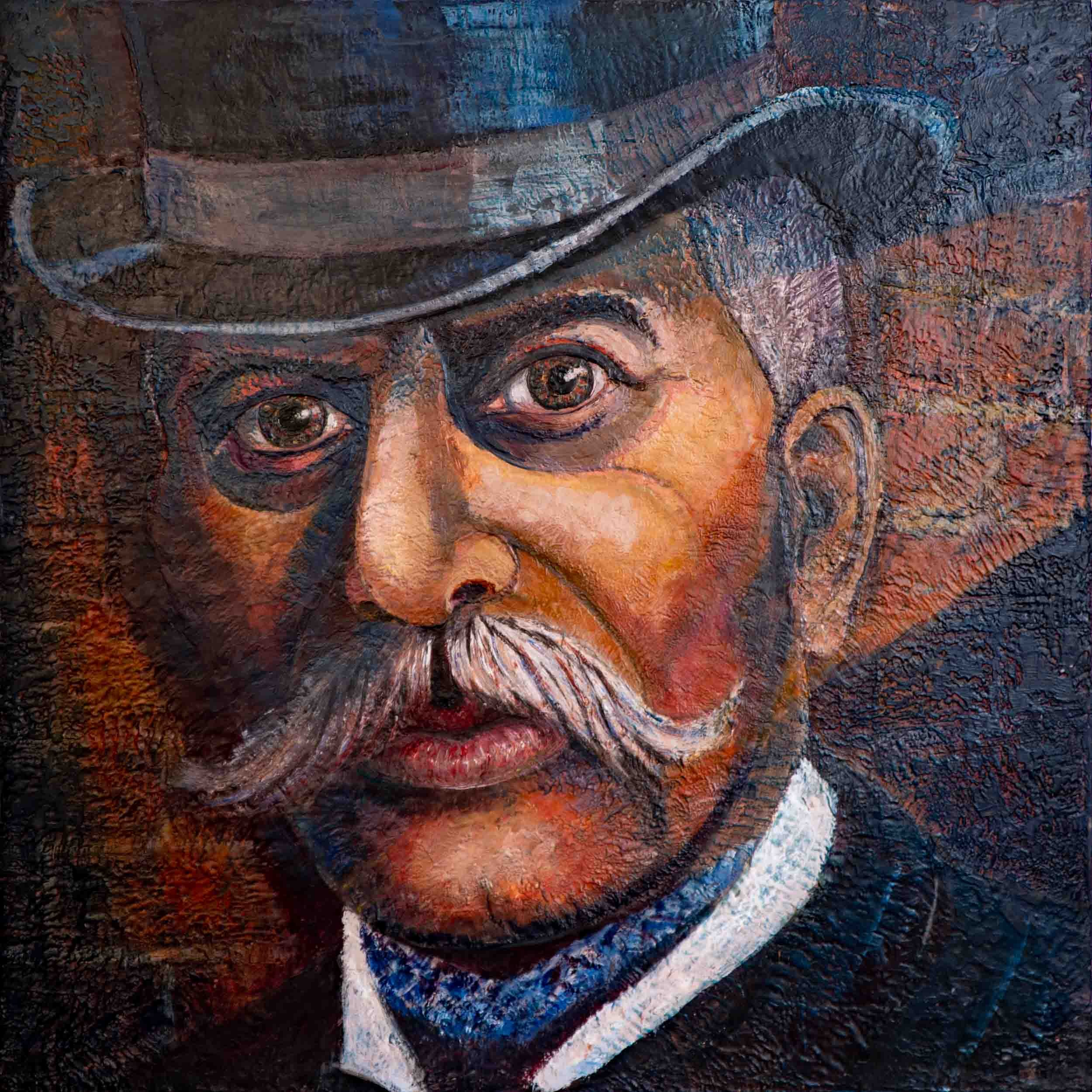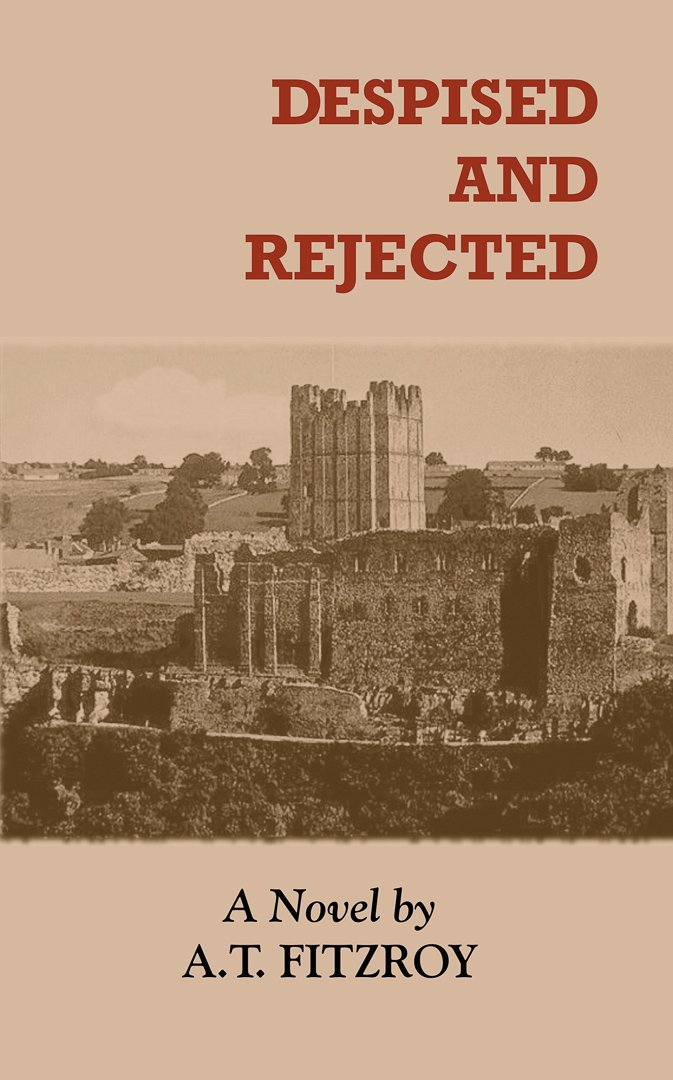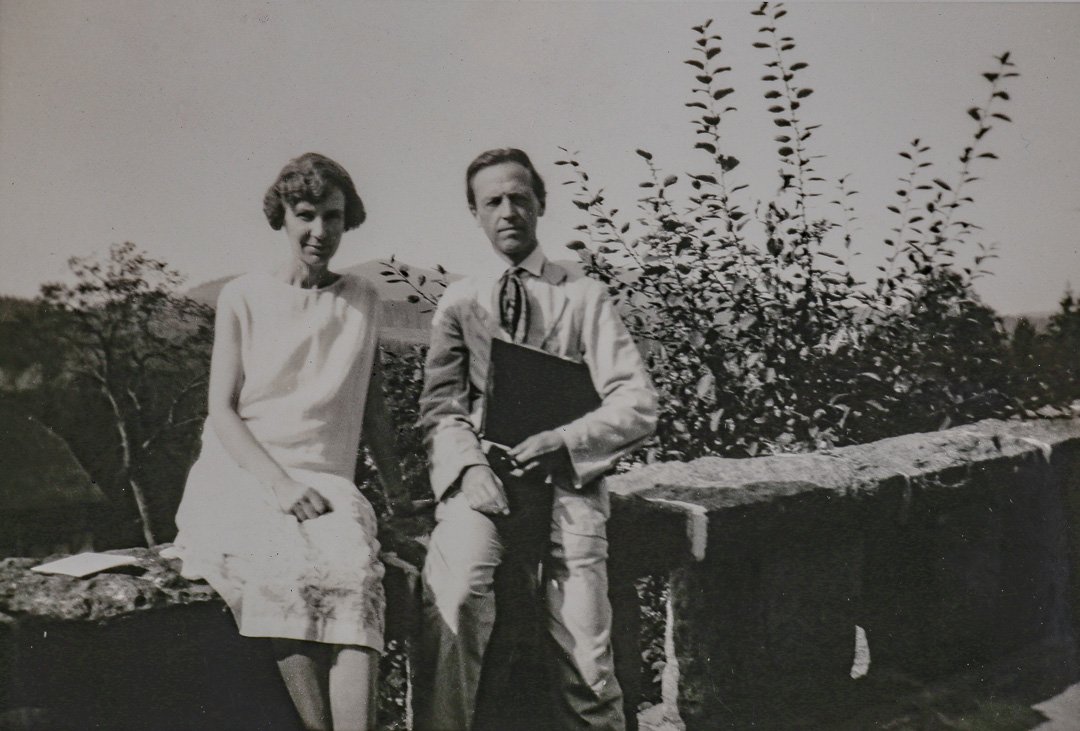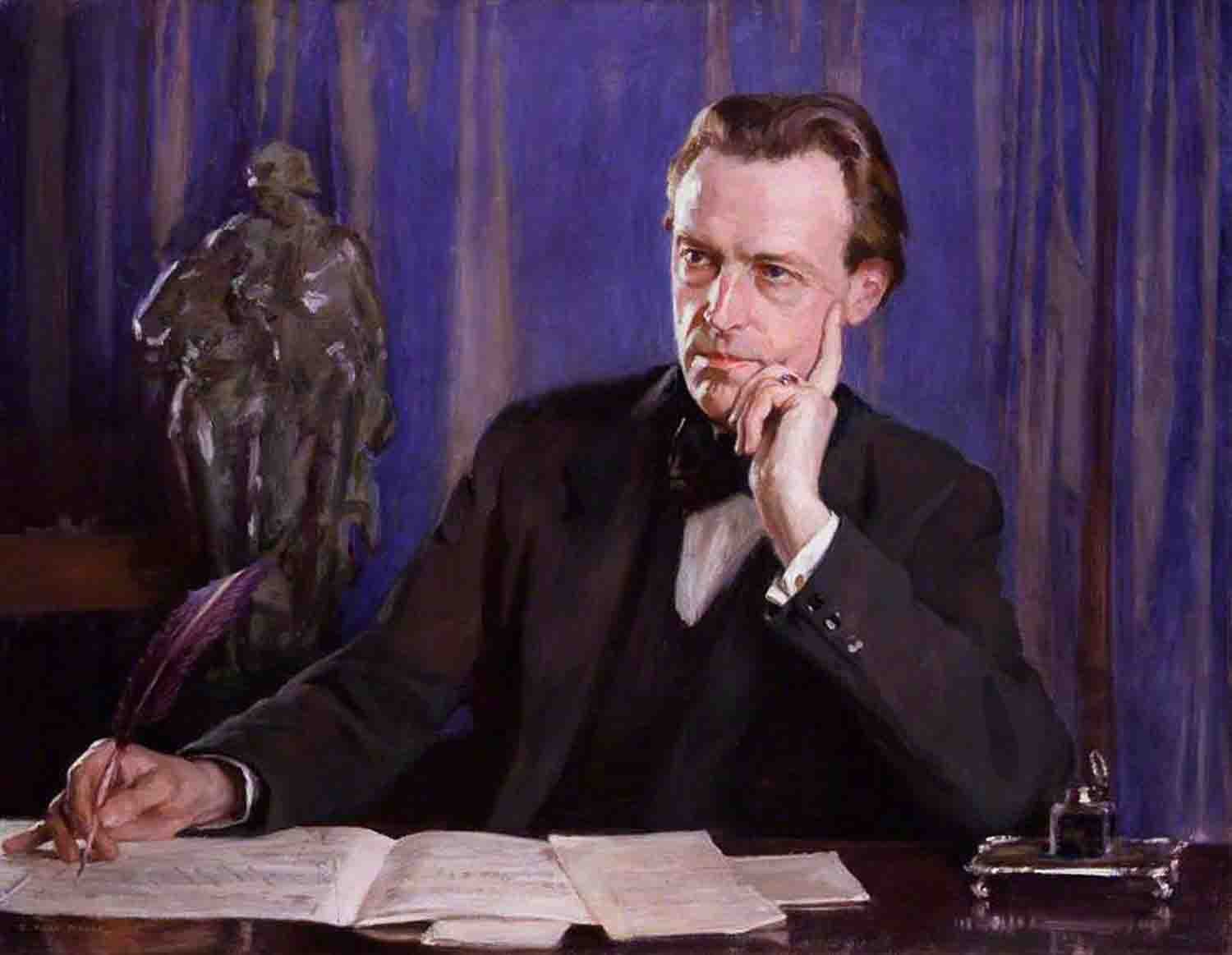ShyamaTara
IMpression of Rose Laure Allatini
The Artist’s Grandmother
“Being in the minority doesn’t imply being in the wrong.”
““...but I maintain that anything that puts itself outside the general rule and diverges too widely from the ordinary type, is an undesirable element, and should be barred out.”
”That means that you’d bar out genius too, and lots of other fine qualities that only exist in the brains of people who are exceptions to the rule.””
Shyamatara
In the Tibetan Buddhist pantheon, Tara is the most compassionate, enlightened being, the essence of awakened love, compassion and wisdom.
A meditation deity, she is the reliever of suffering, and the protectress of navigation and earthly travel, as well as the spiritual guide on the path to enlightenment.
A statue of Syamatara or the Green Tārā, a female tantric yidam (meditation deity) (andesite; 9th century) from Central Java, Indonesia. From a private American collection, it was displayed at the Singapore Pinacothèque De Paris until it closed on 11 April 2016. Photo © Jacklee wikipedia
Rose Laure Allatini
Rose Laure Allatini, my paternal grandmother, was an Austrian-British novelist who wrote under a range of pseudonyms, including: R.Allatini, A.T. Fitzroy, Lucian Wainwright, Mrs Cyril Scott, and lastly, Eunice Buckley, publishing 25 of her 40 novels under that name.
Born in Vienna in 1890, Rose Laure Allatini moved to London with her family in 1894, where she lived for the majority of her life. Rose Allatini and her younger sister Flora were mostly educated at home by an Austrian governess, though at some time in her teenage years Rose was sent away to an English boarding-school.
Rose’s mother, Bronislawa ("Bronia") Rapoport von Porada was born in Krakow, Poland (then under Austrian control) on December 17th, 1869, to Laura Rapoport Edlen von Porada (Eibenshutz) and Arnold Rapoport, Edler von Porada (1840-1907), grandson of Rabbi Solomon Judah Löb Rapoport.
Rose’s father, Roberto Allatini, was born in Thessaloniki, Ottoman Empire (now Greece), to Rosa Mortera (1819 – 1892) and Moïse (Moses) Allatini (1809–1882)
Moise Allatini came from a long line of Sephardic Jews — Rabbis and doctors, chased out of Spain in the 15th century, by the Alhambra Decree of 1492.
The family fanned out across Europe, prospering in Italy, Greece and France.
In Rose and her sister Flora, the Sephardic and Ashkenazy lines converge.
Determined from an early age to be a writer, Rose left home as soon as she could and published her first novel in 1914, a few months before the outbreak of WWI.
Her best known novel Despised and Rejected, initially banned by the government for her opposition to war and acceptance of homosexuality and Judaism, has been hailed as a landmark in pacifism, gay and lesbian literature; and most recently has been reprinted by Persephone Books— receiving a resurgence of attention, particularly amongst LGBTQ+ circles.
Written under the pen name A.T. Fitzroy, in 1918, Despised and Rejected was banned under the Defence of the Realm Act as it combines themes of pacifism and homosexuality which were thought "likely to prejudice the recruiting of persons to serve on His Majesty's Forces".
Originally published by C. W. Daniel and taken up by the Bloomsbury Group, Despised and Rejected tells the story of a young woman’s complex relationship with a homosexual composer, who is conscripted for military service; and whose refusal to fight leads to trial and imprisonment.
For Rose, writing was her whole life. Many of her novels are concerned with Karma and reincarnation. Her skill as a writer enabled her to engage her readers with an engrossing tale, at the same time as allowing her to question and demonstrate the workings of karma and reincarnation she believed in so strongly.
In 1921 Rose married Cyril Scott (1879-1970). By then she had published five of the forty novels that she wrote, but it was her fourth, Despised and Rejected that caused the most uproar.
A composer, author, poet and occultist, my grandfather Cyril Scott was an extraordinarily creative man. Ahead of his time both in his music and in his thought, Cyril Scott was one of the more remarkable men of his generation. Described by Eugene Goossens as "the father of modern British music", Cyril Scott was admired by composers as diverse as Claude Debussy, Richard Strauss, Igor Stravinsky and his lifelong friend — Percy Grainger.
It is not known exactly when they first met, but it could have been during the war at The Firs, a convalescent Guest House run by Alex and Nelsa Chaplin. Mrs Chaplin was a talented psychic healer and clairvoyant who played an important part in both their lives. She was the subject of several of Rose's novels and was the medium through whom Cyril was able to write one of his more successful occult books, 'Music, Its Secret Influence Throughout the Ages'.
Rose was herself clairvoyant, and this had great significance for Cyril. Not clairvoyant himself, he relied on those who were to keep him in touch with his spiritual master, whom he was convinced guided him in all his work. Rose had the same master, and this was another bond between them.
Together, Rose Allatini and Cyril Scott had two children, Vivian Mary (1923 - ?) and Desmond Cyril Scott (1926-2019) — my father.
“This novel, written by Rose Allatini under the pseudonym A.T. Fitzroy, is a landmark in gay and lesbian literature, and in the literature of pacifism. It was unavailable to readers for more than half of the 20th century: the British government seized the unsold copies in 1918 and arrested and prosecuted author Allatini and publisher C.W. Daniel under the Defence of the Realm Act.
This was a dangerous book on several counts. Although the author was prosecuted for the political content of the book as detrimental to war morale, the trial judge also took pains to denounce the book’s advocacy of homosexual rights.
Just two decades after the Oscar Wilde trial, gay men and lesbians were still not allowed to plead equality. In a Wellsian peroration near the end of the book, reminiscent of that author’s The Food of the Gods, and certainly influenced too by Edward Carpenter’s Towards Democracy, Allatini stakes a claim for a gay and lesbian consciousness as part of humankind’s evolution, demanding not only tolerance, but acceptance.
Allatini equates the gentleness and empathy of gay men and women with an inherent antipathy toward the destructive stupidity of war. The British penal system seems to have agreed with her in part, declaring pacifists and homosexual persons as criminal bodies, to be isolated and punished. It seems no coincidence that the sentences meted out to men who would not fight was the same as that accorded to convicted homosexuals: imprisonment, hard labor, and abuse by jailers. Every pacifist was an Oscar Wilde.
Writing before women had the right to vote in Great Britain, Allatini offers a free-spirited lesbian heroine who suffers a painful self-acceptance. She depicts brave women who, because there are fewer other choices available to them, become helpers and companions to pacifists; on the other side, she skewers the conventional women who are complicit in the war fever that sent their sons to meaningless deaths in the trenches.
Closer to Dickens than to Virginia Woolf in method, Allatini nonetheless has the ability to dissect the patriotism-crazed society around her. She works her plot to convey in strong terms that, for the middle-class English mother, the price of unthinking patriotism was the dreaded telegraph from the front, or the return of the amputated soldier. When Allatini enters the narration in the guise of Dennis Blackwood, she conveys his torment, and his much more tortured self-acceptance, in a convincing way. The all-too-British reticence, evasions, panic, and finally, self-awareness make us see that whoever “made her understand,” was an extraordinary confidante. This book might have saved lives, had it been available in the pre-Stonewall decades.
Despised and Rejected was reprinted in 1975 as part of the series Homosexuality: Lesbians and Gay Men in Society, History and Literature, under the editorship of Jonathan Ned Katz. ”
For the first six years of her marriage to Cyril Scott she devoted herself solely to helping her husband, checking the proofs of his manuscripts because she was knowledgable about music, correcting solecisms in his writings and bearing his two children, Desmond and Vivian. It was the longest time in her life she went without writing a book.
Sadly, due to a severe illness between the births of her first and second child, she lost the ability for clairvoyance, but that did not deter her from her writing.
In 1939, when WWII broke out, Rose and Cyril separated and never got together again though they remained good friends for the rest of their lives, consulted each other regularly and helped each other whenever they could.
Rose Allatini died two months short of her 91st birthday, still jotting down notes for another book, the last one, 'Work of Art' having been published only two years earlier when she was 88.
